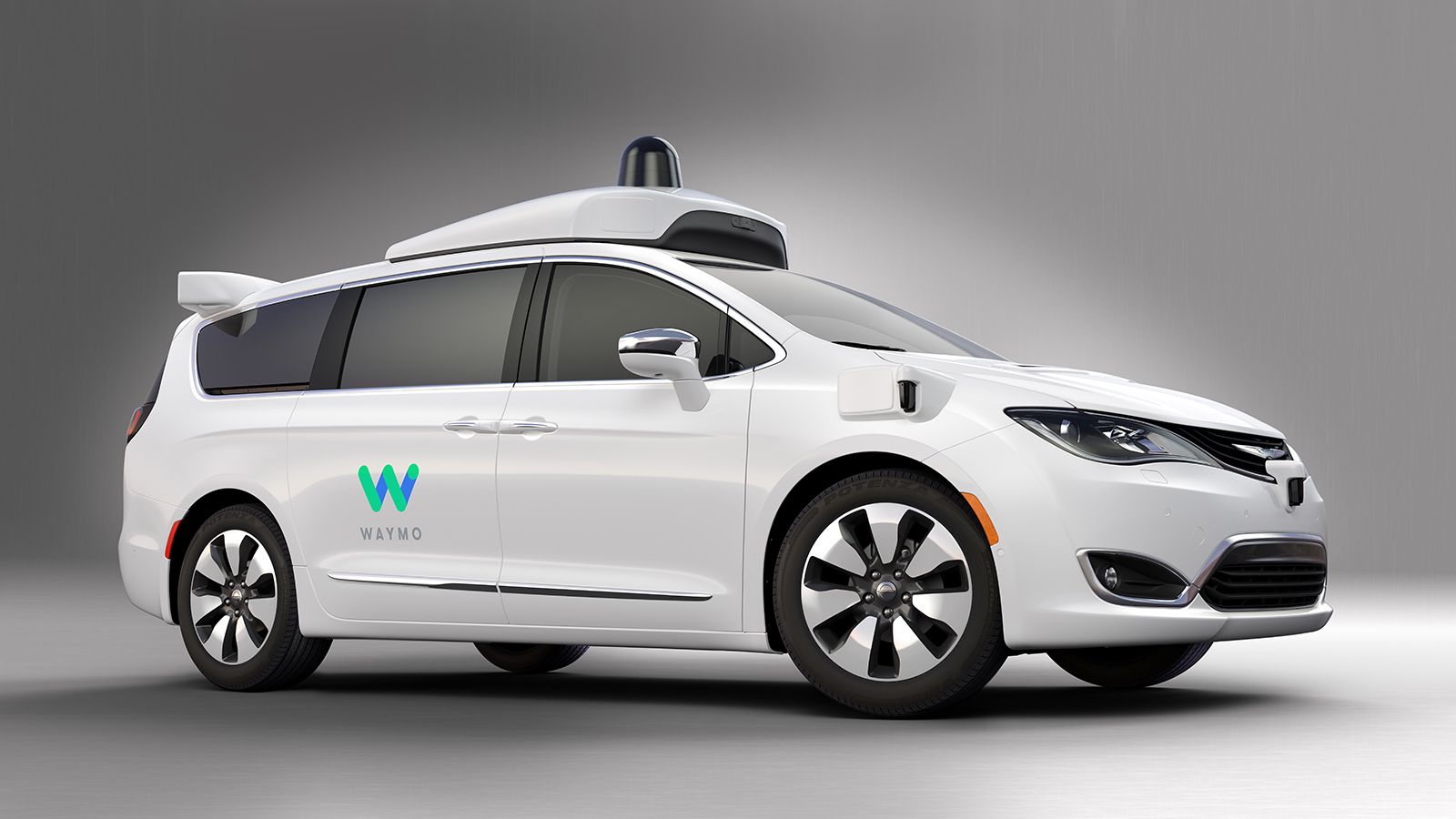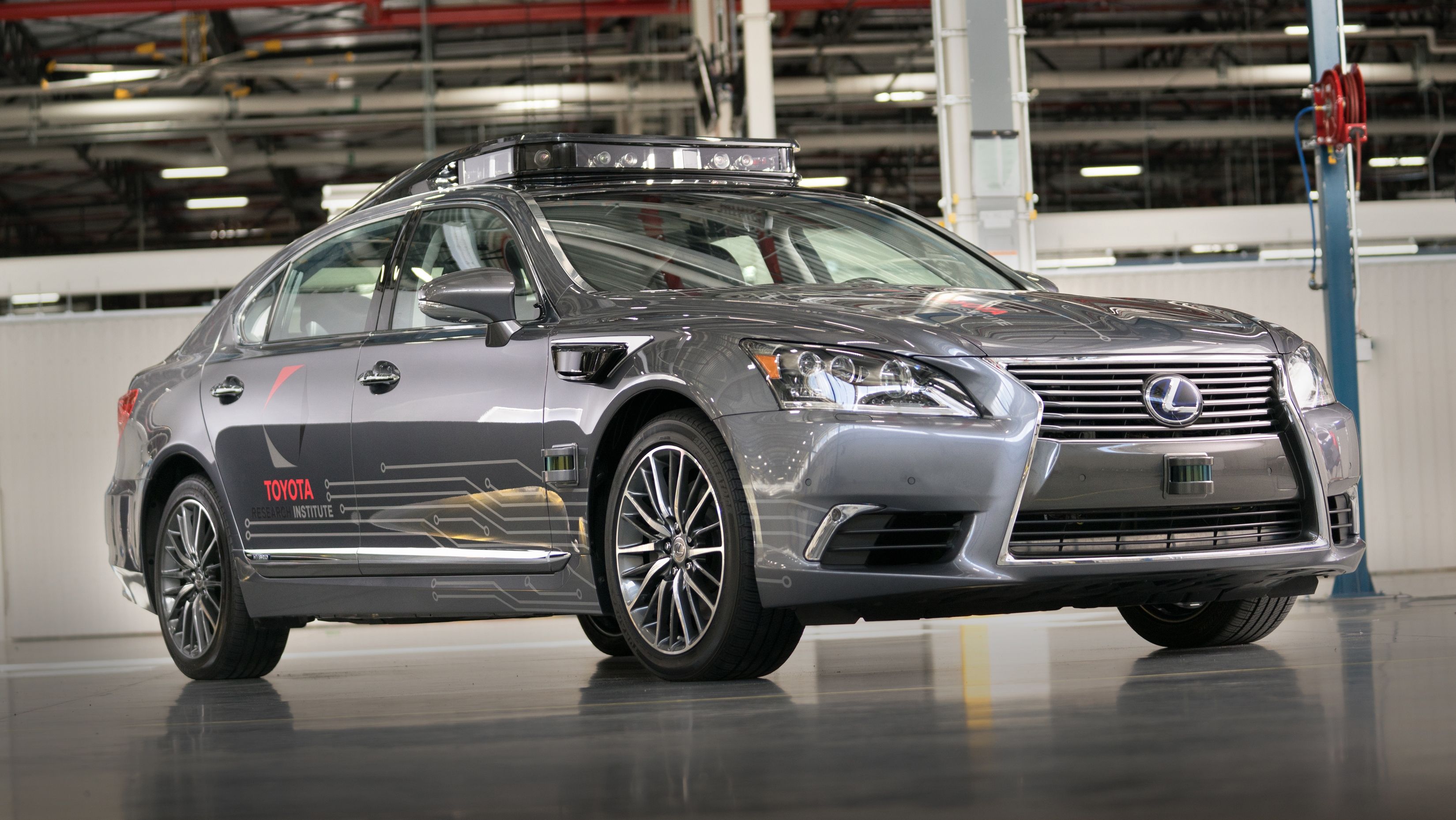In case you’re already dreaming of one day owning an electric car that will allow you to browse your social media accounts on your mobile phone or doze off as the car brings you to work, you might want to hold off on those dreams. A new study conducted by autonomous vehicle consortium Venturer suggested that laws should be put in place to ban drivers from doing those things when they’re inside a moving autonomous car.
This is a big deal because it could prevent one of the biggest attractions of owning a self-driving car. Isn’t the freedom to do random things the whole point of an autonomous car? At the very least, that’s what automakers were telling us. But, according to the study conducted by Venturer, drivers experience a lag of around two seconds before they can take full control of a self-driving car. That may sound trivial on the surface, but the study points out that at speeds of 50 mph, a self-driving car would be able to travel up to 45 meters without the driver or the car in full control. 45 meters is a long distance, one that could open the driver and the car to a world of dangerous possibilities.
To keep that from happening, the study recommended that laws be enacted to prevent that from happening. One way to do that is to ban drivers from doing things that could divert their attention away from the road. That includes checking Facebook, watching movies, sleeping, eating, and even dancing from the confines of their own seat. In other words, all the things that were being dangled to us as being possible with self-driving cars could be outlawed at the suggestion of this study.
Professor Sarah Sharples, Associate Faculty Pro-Vice-Chancellor for Research and Knowledge Exchange and Professor of Human Factors at the University of Nottingham, provided advice for the study and said: “It is important to understand the implications of increased autonomy on the capability of humans to maintain vigilance and attention in order to be able to respond to an emergency situation.”
"It may also be necessary for the rollout of highly autonomous vehicles to be accompanied with the advice – or even law – that in some or all circumstances the driver must maintain attention to the driver situation, and that other activities should be minimized or avoided,” she added.
It’s unclear if there are any governments or regulating bodies that will acquiesce to Sharple’s suggestions. It’s interesting, though, because on some levels, her position — and the results of the study — makes some sense. Drivers who are pre-occupied with other things won’t react as quickly in taking full control back from a self-driving car as those who remain vigilant of their surroundings.
But if laws are created to ban these types of activities, one of the defining features of self-driving cars won’t amount to anything anymore. It’s a tricky balancing act, one that I think automakers will have to address at some point in the future.
References
Read more autonomous cars news.


